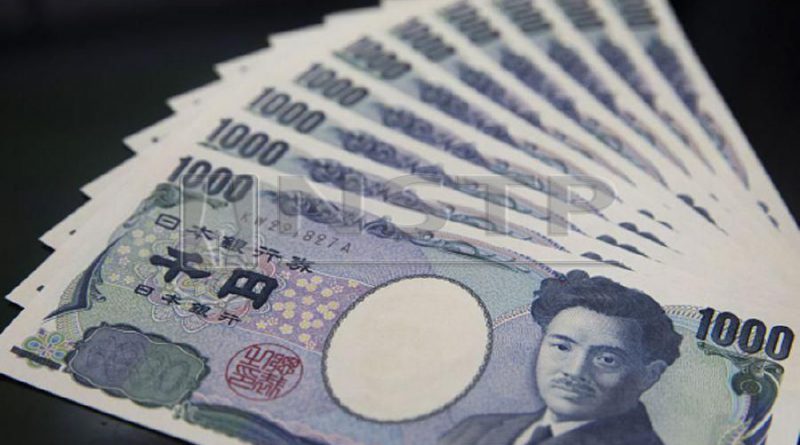Guan Eng: I will announce Samurai bond subscription next month
KUALA LUMPUR: Finance Minister Lim Guan Eng will give an update on the subscription rate of the Samurai Bonds next month.
“I will give an update on this, next month,” said Finance Minister Lim Guan Eng after the launch of RM2 billion Syarikat Jaminan Pembiayaan Perniagaan Bhd (SJPP) guarantee schemes here today.
The Samurai Bonds is seen as a refinancing exercise to cut Malaysia’s RM1 trillion debts.
Last week, Lim embarked on a three-day investment roadshow to Japan to invite deep pocket investors to take part in the forthcoming issuance of 200 billion yen.
The roadshow was organised by Daiwa Markets Ltd, in collaboration with Affin Hwang Investment Bhd, HSBC Bank Malaysia Bhd and Mizuho Bank (Malaysia) Bhd, are joint lead arrangers for the bond’s issuance.
These Islamic bonds are being issued in Tokyo and follow Japanese rules and regulations. The 10-year bonds is being guaranteed by the Japan Bank of International Cooperation (JBIC).
Lim’s investment roadshow to Tokyo is a follow up on Japanese Prime Minister Shinzo Abe agreeing to Malaysia’s Prime Minister Tun Dr Mahathir Mohamad’s proposal to issue JPY200 billion Yen-denominated bonds.
These Samurai bonds, Dr Mahathir had previouly said, will be used to retire old debts, especially that of 1Malaysia Development Bhd (1MDB) that were undertaken at a very high repayment rate.
The Samurai bonds come with a very attractive indicative coupon rate of 0.65 per cent whereas the 1MDB Energy Ltd dollar bonds currently have a costly 5.99 per cent coupon rate.
Economists have said these samurai bonds will save Malaysia from entering into a deeper pit of financial woes.
Already the federal government’s debt is at RM1.1 trillion as of the end of 2017, compared to the RM686.8 billion claimed by the previous government.
As long as the Malaysian government handles timely payments on this new debt, economists have expressed confidence the country’s fiscal deficit would be able to meet this year’s target of 3.4 per cent.
Source : NST


